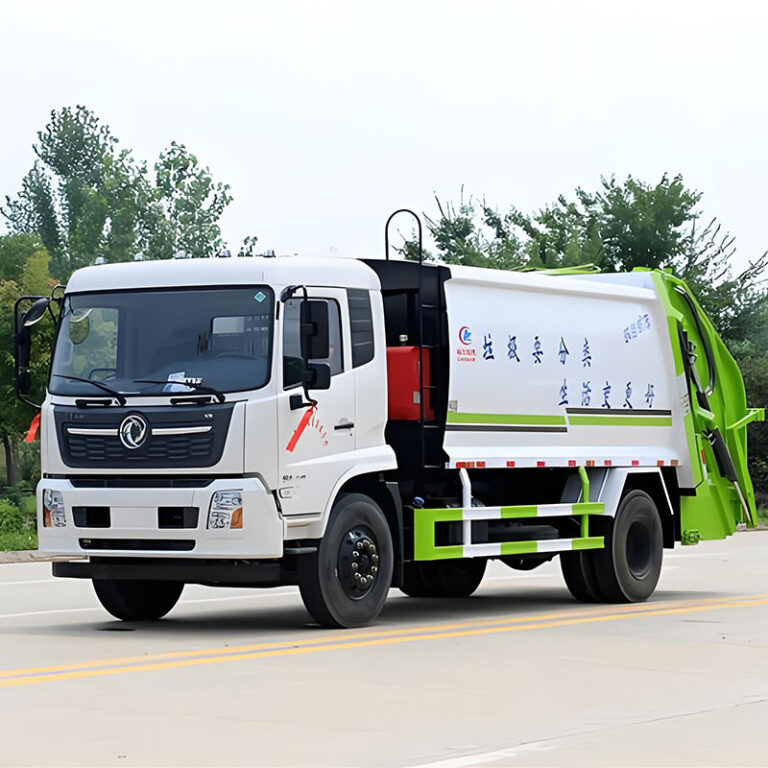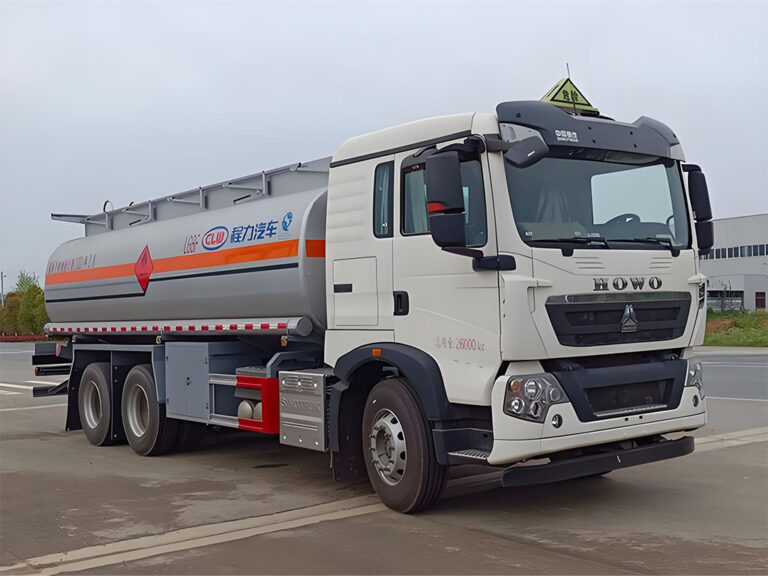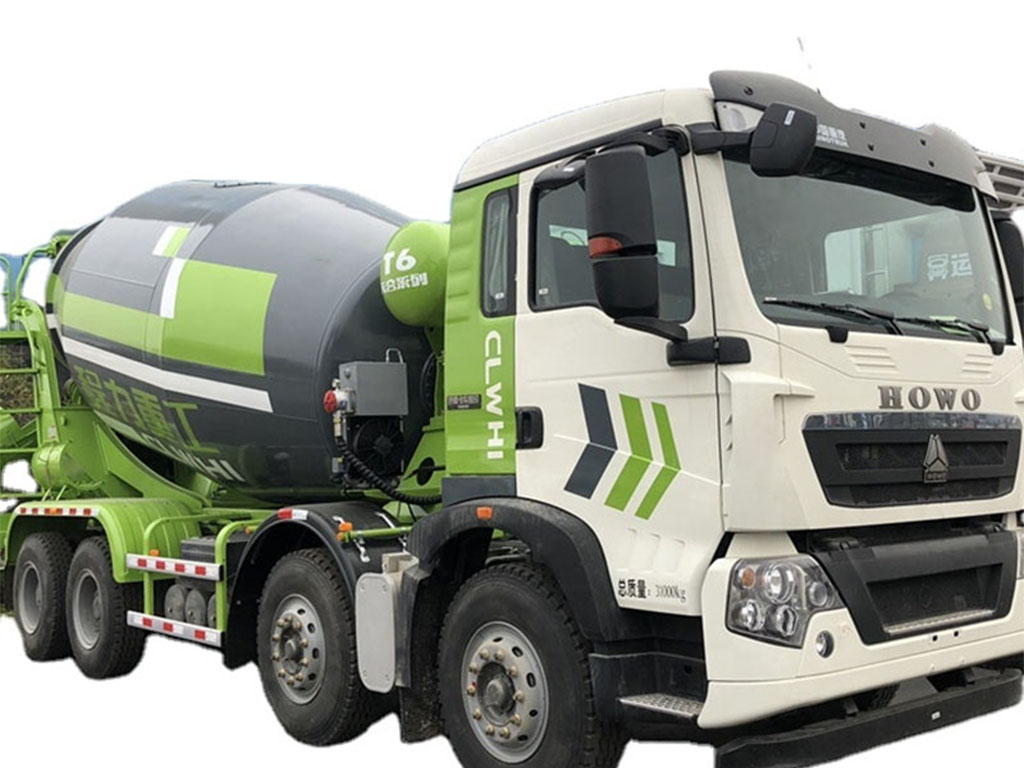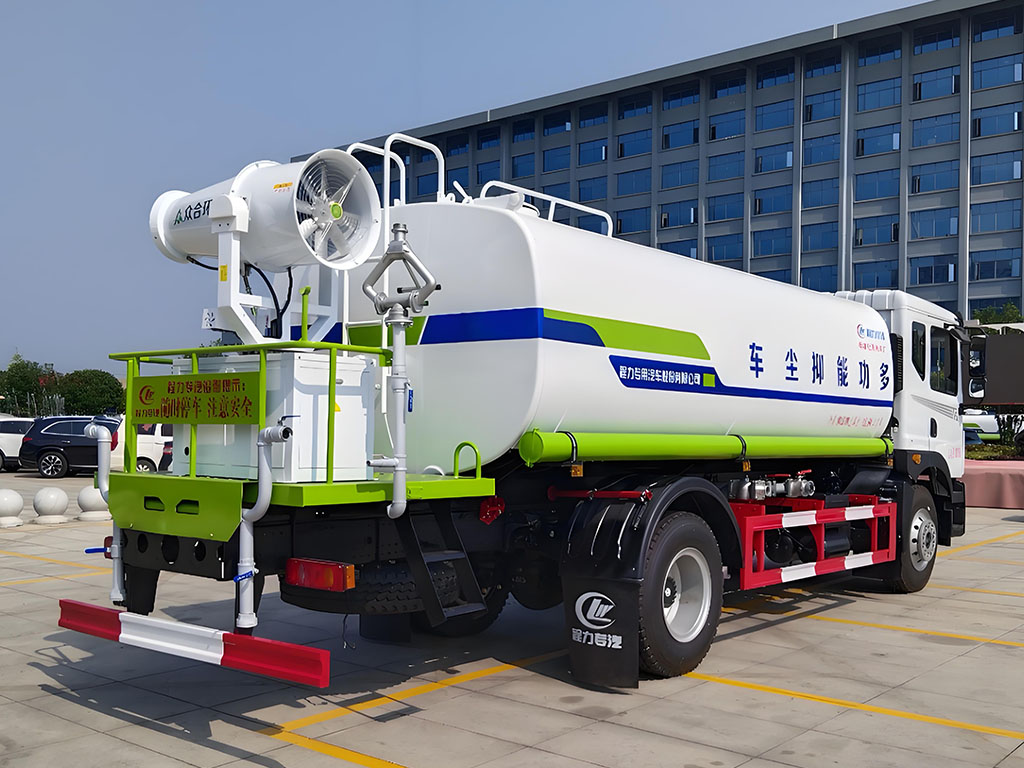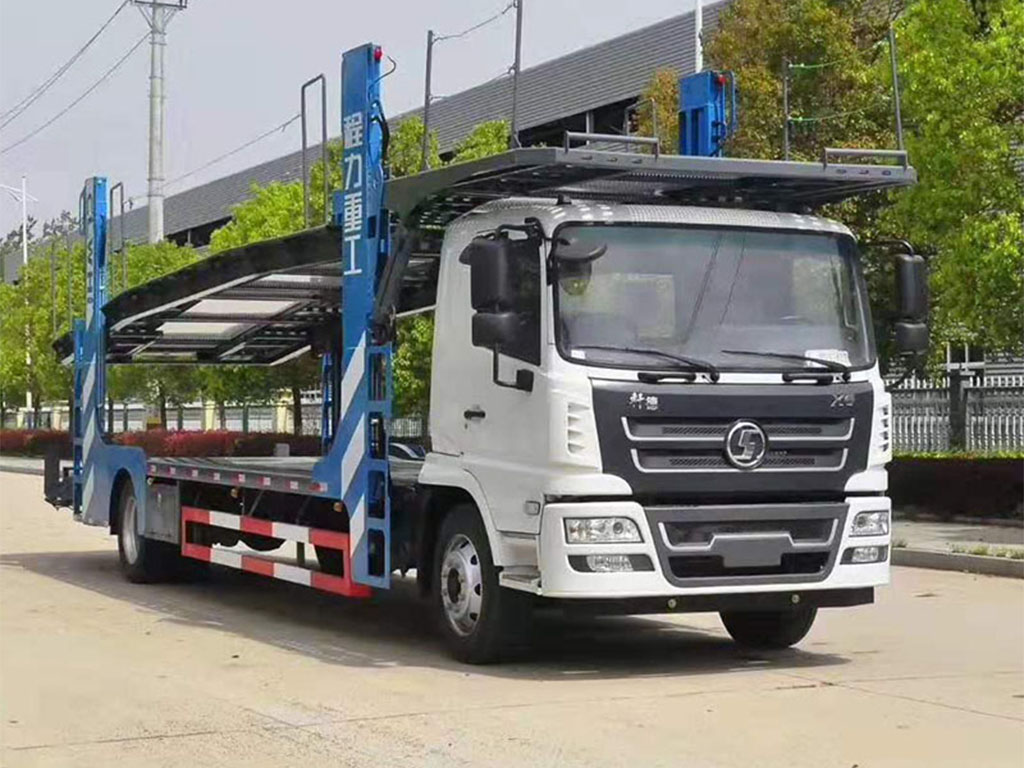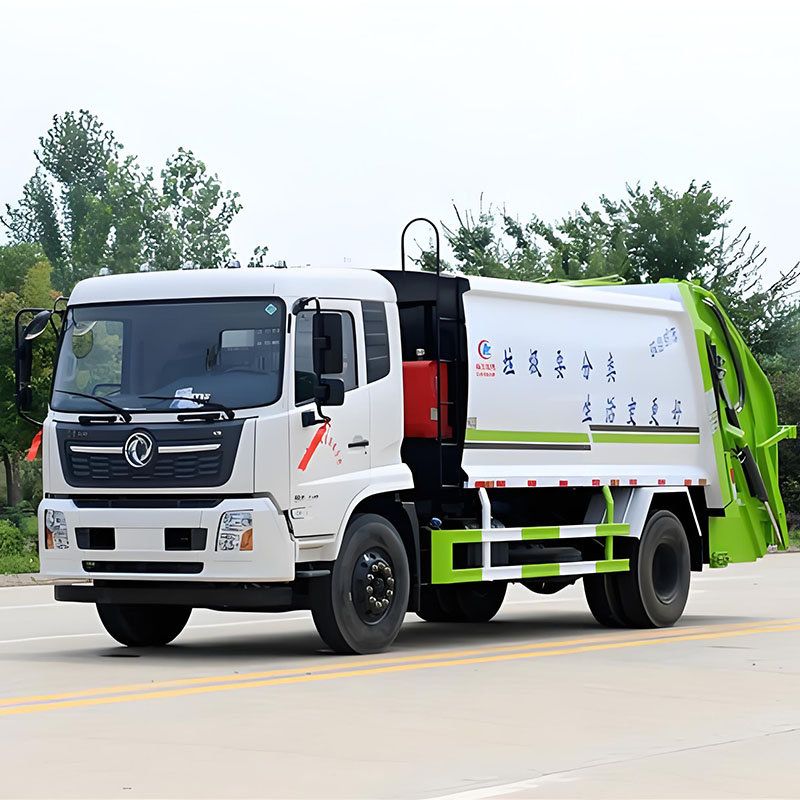-
Chengli Automobile Industry Park, Suizhou, Hubei, China
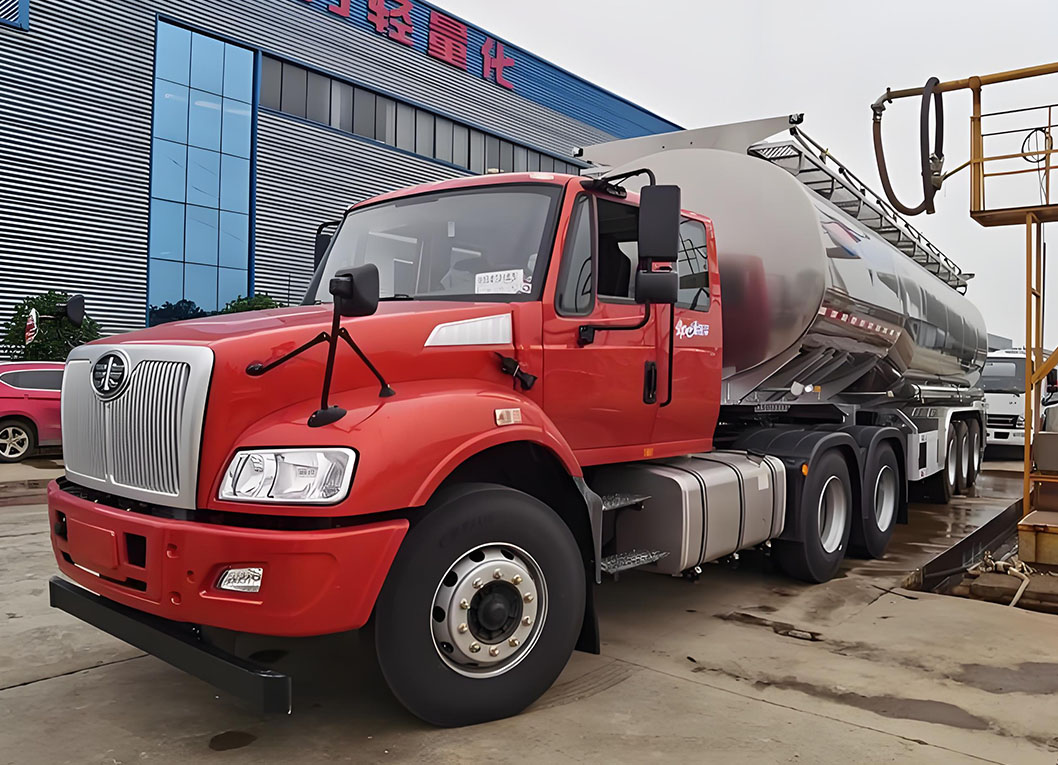
Steel, Aluminum, or Stainless Steel? The Material Battle for Corrosive Vans
2.1Steel Vans
Let’s Talk About Tough Vans
You need a van that lasts. You need a van that works all day. Rain, snow, or salt, your van should not stop. But sometimes, bad weather and road salt hurt your van. That’s called corrosion. It makes vans weaker and rusty.
So, what van should you choose? Steel, aluminum, or stainless steel? Each fights corrosion in a different way.
At CLW GROUP, I help people find the right van. I build, deliver, and fix all kinds of special commercial vehicles. My vans carry water, mix cement, move cars, collect trash, and lots more. Need a van that never quits? I’m here to help.
What Each Material Does
Steel Vans
- Most vans use galvanized steel or HSLA steel.
- Steel is strong and easy to fix.
- It costs less but is heavy and can rust. It needs good paint or coatings to stop rust.
Aluminum Vans
- Think light and quick. Aluminum is much lighter than steel.
- It does not rust like steel. It builds its own shield—an oxide layer—that stops a lot of corrosion.
- But, aluminum can have galvanic corrosion when touching other metals.
- It costs more and needs special fixing skills.
Stainless Steel Vans
- Built for war with weather! Stainless steel 304 and 316 do not rust easily.
- These vans smile at salt and chemicals.
- They look sharp, last very long, but weigh about the same (or a bit more) than steel.
- Stainless steel can be hard to shape and costs the most.
Table: See the Difference!
| Feature | Steel (Galvanized, HSLA) | Aluminum (6061, 5083) | Stainless Steel (304, 316) |
|---|---|---|---|
| Density (g/cm³) | 7.85 | 2.70 | 7.9–8.0 |
| Corrosion Resistance | Needs paint or coating | Good oxide layer | Best of all |
| Rust Problems | High without paint | Very low | None |
| Weight Savings | Baseline | 65% lighter than steel | 5–10% heavier |
| Repair Costs | Easy | Needs special skills | Needs expert |
| Cost | Low to moderate | Moderate to high | High |
| Life Span | 5–10 years in salty air | 15–25 years | 15–25+ years |
| Fuel Efficiency | Regular | Much improved | Slight drop |
| Best For… | General use, chassis | Coolers, delivery | Food, chemicals, salt |
Data from fleet reports, SAE, and in-house CLW GROUP testing.
Material Battle in Corrosive Vans:
Steel vs. Aluminum vs. Stainless Steel
Steel vs. Aluminum vs. Stainless Steel
The Corrosive Challenge: Why Material Matters
Commercial vans face a relentless onslaught of harsh conditions – road salt, chemicals, extreme weather. The choice of material isn’t just about initial cost; it’s about longevity, fuel efficiency, safety, and ultimately, your fleet’s operational efficiency and total cost of ownership. Let’s pit the titans against each other.
Meet the Contenders: Key Properties & Vulnerabilities
Steel
- Types: Galvanized, HSLA (High-Strength Low-Alloy)
- Pros: High Strength, Low Initial Cost, Easy Repair
- Cons: Heavy, High Rust Potential (without protection)
Aluminum
- Types: 6061, 5083 alloys
- Pros: Very Lightweight, Good Corrosion Resistance (oxide layer)
- Cons: Higher Cost, Complex Repair, Galvanic Corrosion Risk
Stainless Steel
- Types: 304, 316 grades
- Pros: Superior Corrosion Resistance, High Durability, Aesthetics
- Cons: Very High Cost, Heavy, Hard to Form/Work
Key Performance Metrics: Data-Driven Insights
Material Density (g/cm³)
Corrosion Lifespan in Harsh Environments (Illustrative Years)
Fuel Economy Improvement vs. Steel (Illustrative %)
*Illustrative data based on typical industry observations and studies. Actual performance may vary.
Beyond the Numbers: Qualitative Comparisons
Initial Cost
Low
Steel
Medium
Aluminum
High
Stainless Steel
Life Cycle Cost (Maintenance & Repairs)
Potentially Low
Stainless Steel
Moderate
Steel/Aluminum
Repairability
Good
Steel
Moderate
Alum./SS
Corrosion Resistance
Excellent
Stainless Steel
Good
Aluminum
Moderate
Steel
Making the Right Choice: Factors to Consider
- Operational Environment: Is your fleet in coastal areas, heavy road salt regions, or transporting corrosive chemicals? This is paramount.
- Budget & TCO: Factor in initial cost, fuel savings, maintenance, and potential repair costs over the vehicle’s lifespan (Total Cost of Ownership).
- Desired Lifespan: How long do you expect your vans to remain in service? Longer lifespans may justify higher upfront material costs.
- Payload & Regulations: Lightweight materials can increase payload capacity, and specific regulations might influence material choice for certain cargo.
Conclusion: The Future of Van Materials
There’s no single “best” material; the optimal choice is a strategic decision based on your specific fleet needs. While Steel remains a workhorse for its cost and repairability, Aluminum excels in weight savings and fuel efficiency. Stainless Steel stands as the undisputed champion for extreme corrosion resistance and longevity, albeit at a premium. The trend leans towards advanced materials and smart coatings, balancing strength, weight, and durability for the future.
What’s the Real Problem? Corrosion Eats Vans
Corrosion is a big, mean monster. It hides in rain, salt, and chemicals. It bites metal and does not let go. When your van has rust, it gets weak. It breaks apart. If you move things for work—maybe in a water tank truck or a cement mixer truck—corrosion means lost jobs, lost money, and wasted time.
CLW GROUP fights corrosion. My vans are tested in salty water, sun, and even chemicals! I look for the best body panel materials and test them in hard places—by the ocean, near busy roads, and in snowy towns.
Fuel, Weight, and What You Carry
Do you carry heavy stuff? The material matters.
- Aluminum vans are light. You can carry more things and use less fuel. Some fleets saved up to 10% on fuel by switching to aluminum!
- Steel is strong for heavy loads but it’s heavy too.
- Stainless steel is tough. If you move chemicals, food, or trash, you want the best protection.
At CLW GROUP, I build vans that pass all industry standards like ISO and SAE. I even help fleets pick the best van for food, trash, cold items, or chemicals.
Repair, Fix, and Keep Working
Even the best van will need fixing sometimes.
- Steel vans: Simple and cheap to fix. Just weld or hammer.
- Aluminum vans: Needs special welding or glue. Take care with mixed metals, or you get more corrosion.
- Stainless steel vans: Less fixing needed. But when you do, call an expert! The parts last longer, so less worry.
I offer after-sales support. My team repairs anything, anytime. You need help? Just ask.
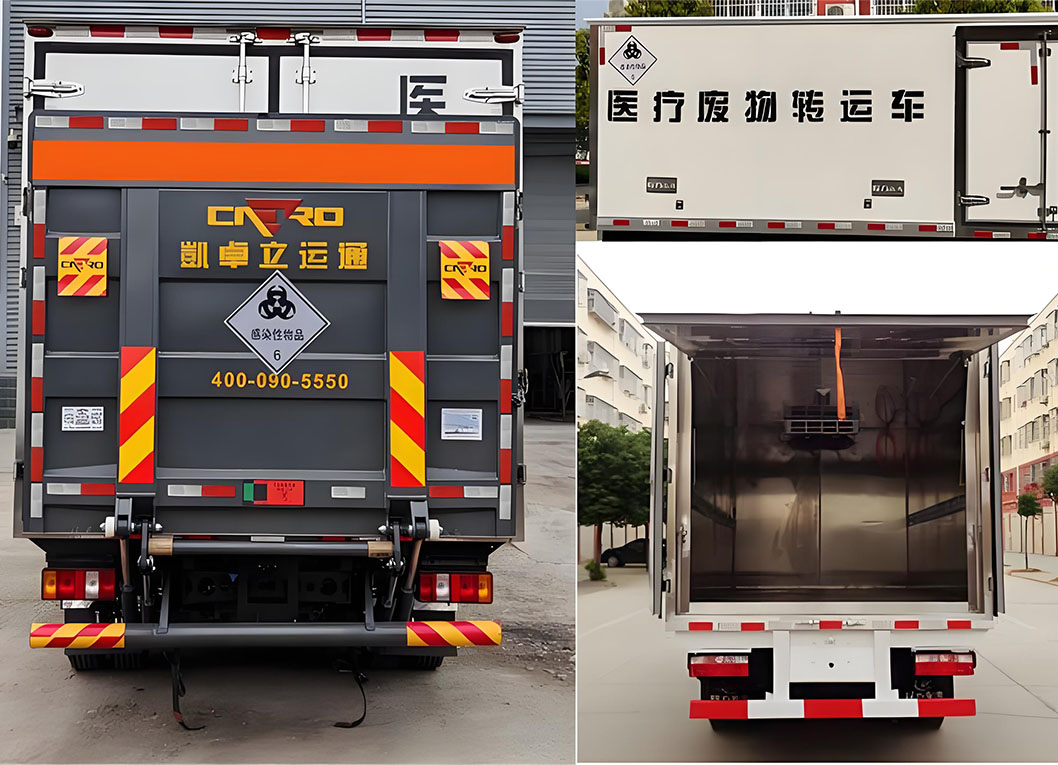
Real People See the Change
Let’s look at what happened for one large trucking company. They switched their fleet to aluminum vans made by me. They saw 30% less downtime for repairs caused by corrosion. That means more happy customers and more money stayed in their pockets.
For material handling and garbage trucks, I use the right metal in the right place. That’s the CLW GROUP way—quality and care.
Which Van Is Right for You?
Ask yourself:
- Where do you drive? (Snow, rain, salt?)
- What do you carry? (Food, water, chemicals, rocks?)
- How much do you want to spend now—and later?
- Do you need a van for a year, or twenty years?
Here’s what you can do:
- Aluminum vans = best for light work, less fuel, salt roads.
- Steel vans = good for heavy work, cheap to buy, but needs good upkeep.
- Stainless steel vans = best when you fight strong chemicals, want long life, or carry valuable goods.
If you haul cars, try my auto transport solutions. If you carry dirt or rocks, see my tipper trucks.
I make every van to fit your needs.
CLW GROUP Is Your Van Partner
I’m not just a builder—I’m your partner, from start to finish. Custom vans, ready-to-go delivery, expert advice, and fast repairs are what I do. You get:
- The best van body panel materials for your job
- Corrosion resistance that lasts
- Vans that carry more and save fuel
- Service you can trust
If you want your business to keep rolling, trust CLW GROUP. I use the best material science and smartest work. Your van will be your hero, rain or shine.
Summary Table: Who Wins the Battle?
| Material | Good For | Bad For |
|---|---|---|
| Steel | Low cost, easy repair | Rust, heavy, short life |
| Aluminum | Light, saves fuel, salt roads | Special fixing needed |
| Stainless Steel | Chemicals, food, long life | Costly, heavy, shaping |
Want to Know More?
Let’s choose the best van for you—custom-fit by CLW GROUP. Keep working, save money, win the battle against corrosion. Your van is safe with me.
References:
- SAE International. “Automotive Material Science.”
- ISO Standards for Commercial Vehicles.
- CLW GROUP In-House Material Testing, 2024.
See real solutions at the special trucks factory.
Smart vans, strong vans. That’s CLW GROUP. Let’s work—a van that lasts!



